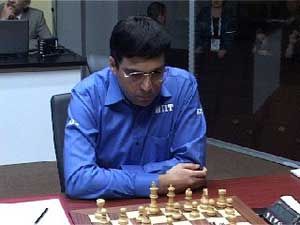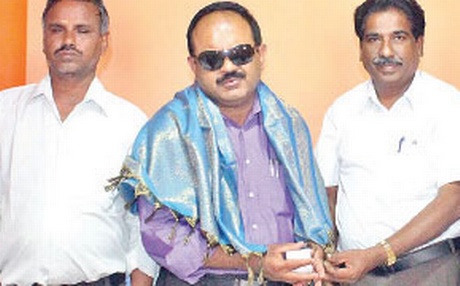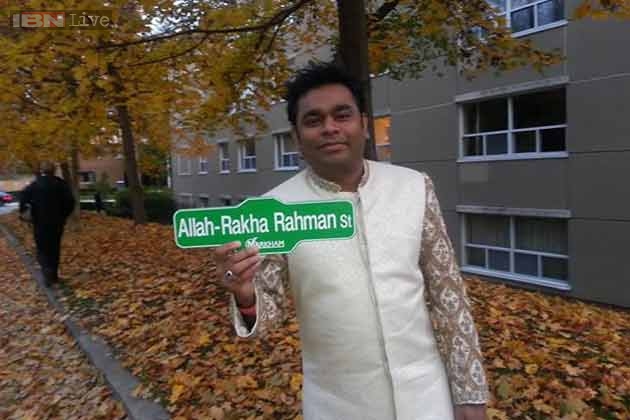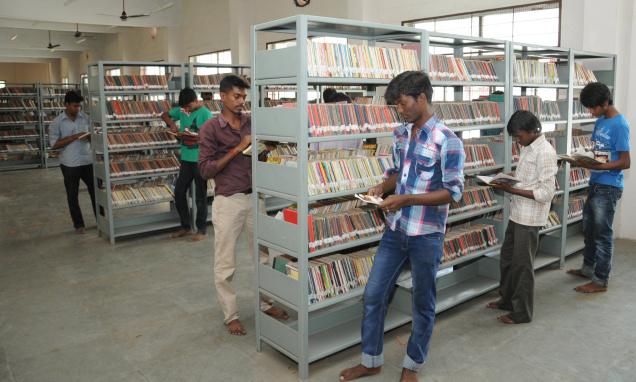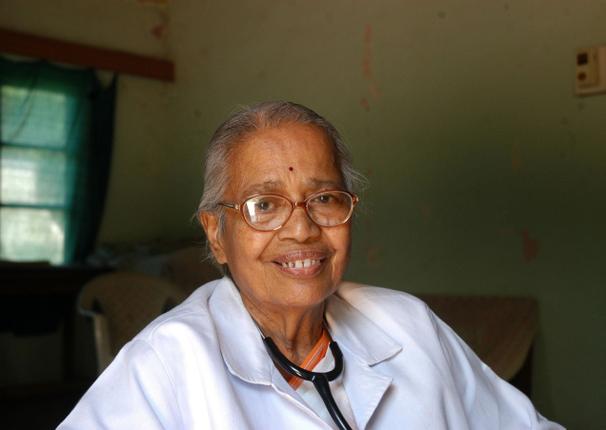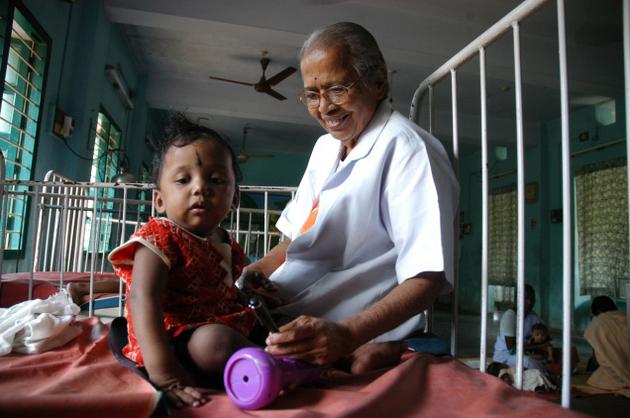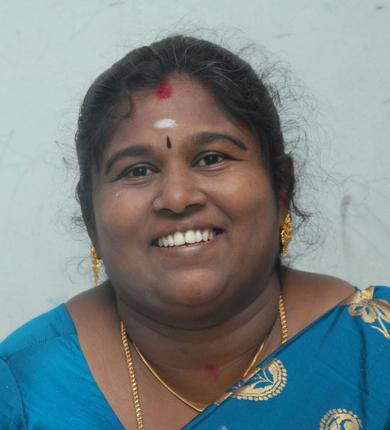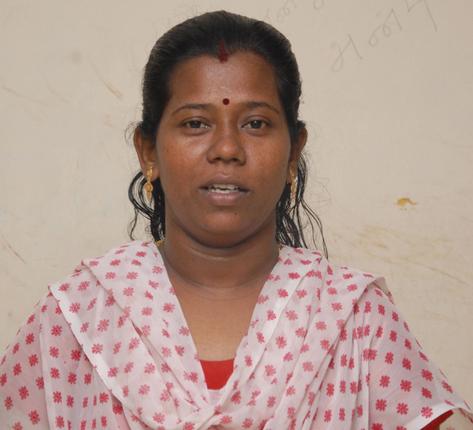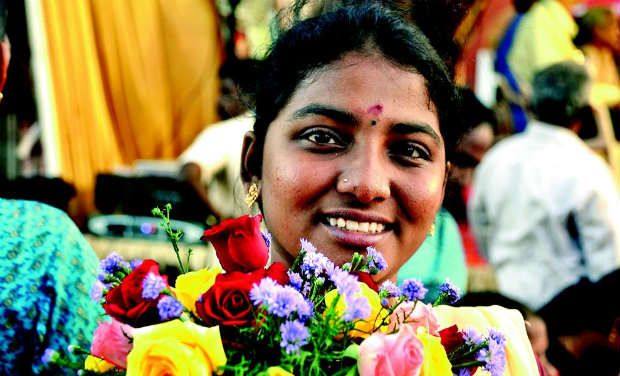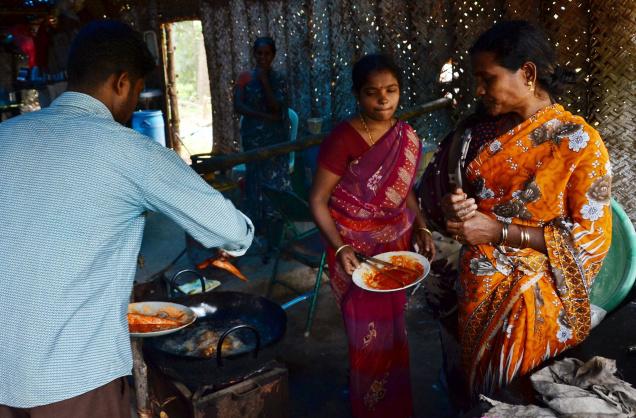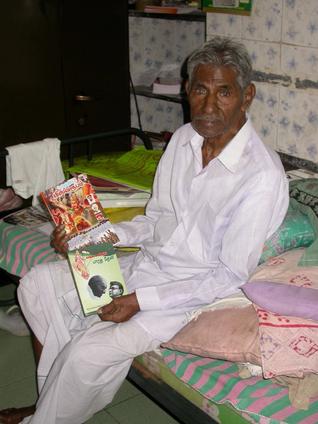Anand’s longevity and perseverance has often been compared with that of Sachin Tendulkar, the world’s batting record-holder who ends a brilliant 24-year career later this month.
Chennai :
In a nation where cricket is a religion and retiring superstar Sachin Tendulkar its resident deity, reigning world chess champion Viswanathan Anand holds his own as one of India’s finest sportsmen.
Anand, 43, who opens the defence of his fifth world crown against Norwegian challenger Magnus Carlsen at home in Chennai on Saturday, has dominated the chess scene in India and abroad for almost two decades.
Anand’s longevity and perseverance has often been compared with that of Tendulkar, the world’s batting record-holder who ends a brilliant 24-year career later this month.
“There’s certainly a case to be made for Anand being the greatest sportsperson India has ever produced,” The Hindu newspaper said. “He is as much a national treasure as Tendulkar.”
Anand showed remarkable promise at an early age but, unlike many others who give up after their first major challenge, he persevered and won until there was no one else left to beat.
The soft-spoken family man, who lives in Spain with wife Aruna and three-year-old son Akhil, is far removed from his temperamental predecessors like Bobby Fischer, Boris Spassky, Anatoly Karpov and Garry Kasparov.
While Kasparov has become a fierce critic of Russian President Vladimir Putin, Anand is more at home musing about subjects such as his pride in India’s space programme and his love of Barcelona football club.
“There is no feeling better than representing your country,” he wrote on his Twitter account last week in the build-up to the match against Carlsen.
“If there is anyone close to perfection in chess, it is him,” said Indian grandmaster Surya Shekhar Ganguly. “He is also one of the nicest human beings to know, a humble man despite his enormous achievements.”
Anand’s game is built on belligerent attack that catches opponents off-guard, but his unflustered approach ensures that he has the right defence in place when the going gets tough.
Born in a small town in the southern tip of India, Anand became an international master at 15, was crowned Indian champion at 16, won the world junior title at 17 and became the country’s first grandmaster at 18.
The Indian government, taking note of the young man’s rapid rise, conferred on him the country’s fourth highest civilian award, the Padma Shri, a few months short of his 19th birthday.
It is significant that when India’s highest sporting honour — the Rajiv Gandhi Khel Ratna — was introduced in 1992, Anand was its first recipient ahead of such cricket luminaries as Tendulkar, Sunil Gavaskar and Kapil Dev.
Anand was just 23 then and the honour came almost eight years before he won the first of his five world titles by beating Russian Alexei Shirov in Tehran in 2000.
However, more losses than wins in the past year have seen him slip to number eight, with Carlsen, 22, assuming the top ranking with 2,870 rating points, 95 more than Anand.
source: http://www.sports.ndtv.com / NDTV Sports / Home> Sports Home> Other Sports> Chess / by Agence France-Presse / Thursday – November 07th, 2013
